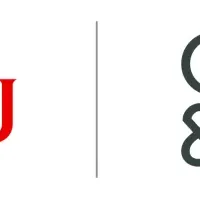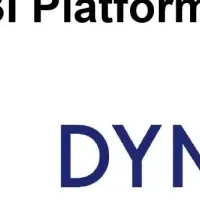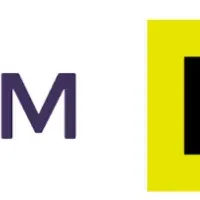
SkillCycle's 2025 Report: Employees' Proactive Skills Development Outpacing Employers
SkillCycle Research Unveils New Perspectives on Workforce Dynamics
On May 13, 2025, SkillCycle released its bold 2025 State of Skills Report, presenting a fresh interpretation of how automation influences the landscape of work. Contrary to widespread fears of job displacement due to AI, SkillCycle's data suggests a different reality, where employees are not merely passive recipients of change but are actively preparing to navigate this evolving environment alongside technology.
The report aggregates extensive data gathered from various industries and job roles over three years, revealing a significant trend: employees are proactively enhancing their skill sets at an unprecedented scale. As quoted by Kristy McCann Flynn, Co-founder and CEO of SkillCycle, "The real story of work in 2025 isn't AI. It's that employees are adapting faster than their employers." This insight reframes the discussion surrounding automation, shifting the focus toward employee initiative and growth.
Key Findings
The report uncovers various insights that paint a vivid picture of current workforce trends:
- - Strategic Communication Skills Surge: There has been an astonishing 228% increase in requests for development in strategic communication, highlighting the importance of effective interpersonal skills in a tech-driven environment.
- - Strategic Thinking on the Rise: Requests for training in strategic thinking have climbed by 103%. This signals a growing awareness among employees of the need to think critically about organizational goals and their roles in achieving them.
- - Management Gaps: Despite these employee initiatives, only 6% of organizations have established clear development strategies following performance reviews, indicating a missed opportunity for companies to leverage this proactive workforce.
- - Reduced Workplace Stress: Interestingly, employees who have personal growth plans report a 36% lower stress level at work, suggesting that skill development is linked to better job satisfaction and well-being.
Proactive Steps for Organizations
SkillCycle's report also presents four critical recommendations for companies aiming to align with these accelerated employee growth patterns:
1. Regular Skills Mapping: Organizations should frequently reassess skill requirements and align them with evolving business objectives.
2. Integrate Coaching with Performance Management: There is a need for holistic development approaches, combining coaching with ongoing performance evaluations to enhance skills effectively.
3. Retain Talent with Development Initiatives: Companies should prioritize employee growth as part of their retention strategies, understanding that skilled employees are less likely to leave.
4. Addressing Stress with Support Systems: Acknowledging the mental health aspects of skill development can lead to lower stress levels, contributing to overall organizational success.
Conclusion
In essence, the future of work is not solely about the encroachment of artificial intelligence but rather about nurturing and adapting human talent to work harmoniously alongside technology. The narrative should pivot from concerns of job loss to the possibilities of workforce expansion and evolution. SkillCycle’s report sheds light on the incredible adaptability of employees, urging organizations to create an environment that fosters this growth rather than stifles it. The changes witnessed today may very well define the workplace of tomorrow.
For more details, visit SkillCycle's comprehensive report at SkillCycle 2025 Workplace Skills Report.
Topics Business Technology)










【About Using Articles】
You can freely use the title and article content by linking to the page where the article is posted.
※ Images cannot be used.
【About Links】
Links are free to use.